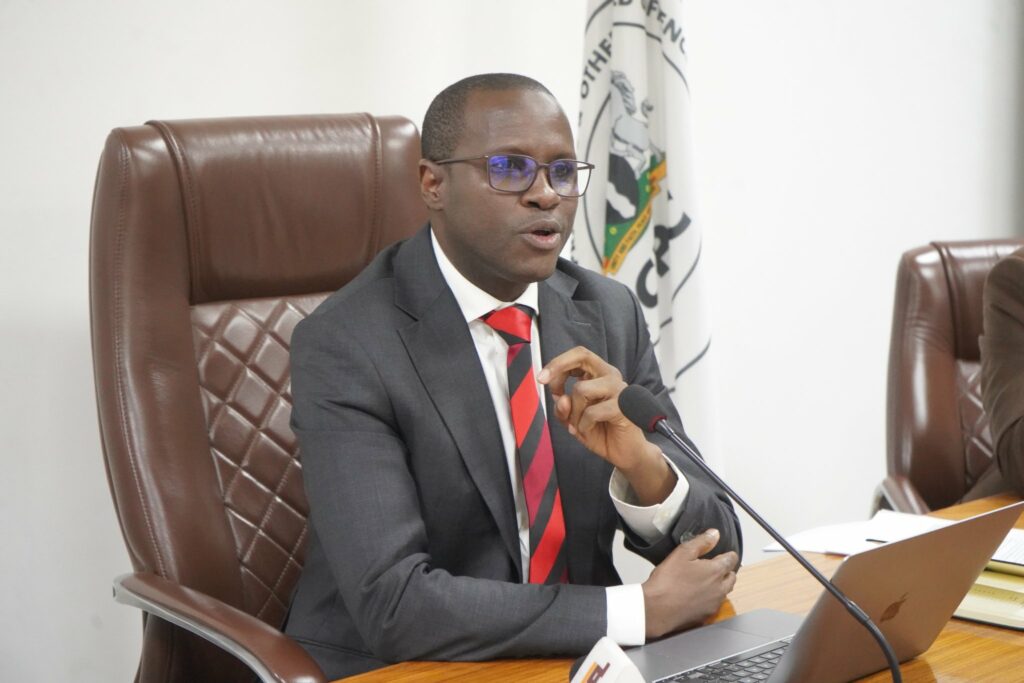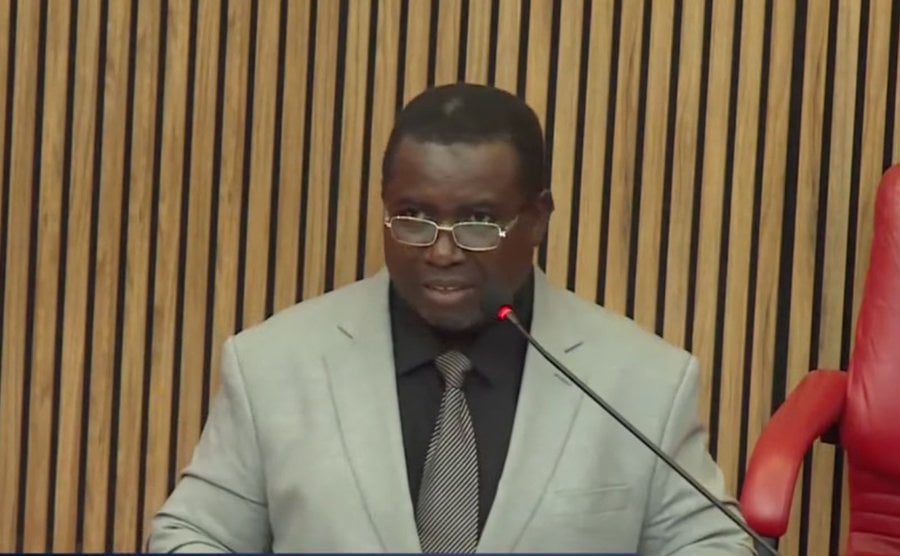The Chairman of the Independent Corrupt Practices and Other Related Offences Commission, Musa Aliyu, has called for constitutional provisions that set deadlines for prosecuting high-profile corruption cases involving politicians and prominent persons.
Aliyu made the call on Saturday during an appearance on Inside Sources, a Channels Television programme, where he said corruption cases should not be open-ended but concluded within specific timelines.
He said, “If we don’t kill corruption, corruption will kill us.
“Now, of course, there are those who will say, oh, well, Mr. President, you were there for eight years, you didn’t really kill it. But hey, at least he was right. And look, we’ve got to deal with this problem.”
Expanding on the need for constitutional reform, Aliyu said corruption trials could drag on for more than a decade without definite timelines.
He explained, “Initially I had the view that we don’t need special courts, but now when I have a second look at it, I look at some countries and I discovered that we need it.
“Why? Because you need a time frame to finish corruption cases.
“And unfortunately, our constitution, the way it was crafted, ensures that you cannot determine the time within which [they] can be finished unless it is stipulated in the constitution.
“Just like the issue of election petition, where I stated that it must be put 180 days at the trial.
“So this is one challenge, because if you keep on dragging corruption cases, it will take 10, 12, 15 years… Even the chairman of ICPC will have finished (his tenure).”
Speaking on the implementation of the Supreme Court’s ruling on local government autonomy, Aliyu noted that political interference remained a setback.
He said, “Even though the Supreme Court has decided, often now we are struggling to implement that decision. I don’t know how it is going to be done.
“And another challenge for the constitution is the issue of state independent electoral commission.”
He also described state electoral bodies as a “big challenge” to credible democracy.
“There is a need for the state’s independent electoral commission to be looked at again.
“Because if you want to have a credible democracy, you need an umpire that will conduct elections, that is independent, credible, without any interference. And transparent.
“We all know what is happening. Every state, when you look at it, you will see that the political party that is ruling that state is the one that is winning the entire election,” he said.
On progress in the anti-graft war, the ICPC boss said recent reports indicated a shift in citizens’ behaviour towards rejecting bribes and reporting corruption.
“When you look at the third corruption survey, which was done by the United Nations Office on Drugs and Crime, and other stakeholders, ICPC, EFCC, and other agencies included, and National Bureau of Statistics, you will see that from that report, which was in 2024, it has shown that… yes, Nigerians, 70% of Nigerians that were probably demanded bribes within that period of time between, I think, 2019 and 2023, they refused to pay bribes,” Aliyu explained.
He also commended that Nigerians are reporting corruption more actively.
“Yes, there’s awareness, and that’s why people have little confidence. That’s why they are reporting.
“Nigerians are now reporting that they don’t have much backlash when they report issues of corruption to anti-corruption agencies. This is a progress.”
Aliyu further cited Transparency International’s Corruption Perception Index, noting that Nigeria moved from 145 to 140.
“People will look at it as it’s not much, but it’s still a progress. It is a progress,” the ICPC boss concluded.




